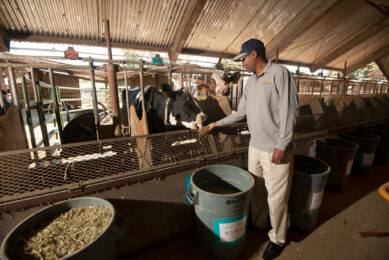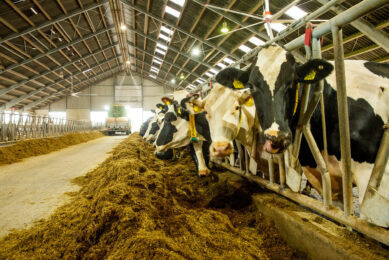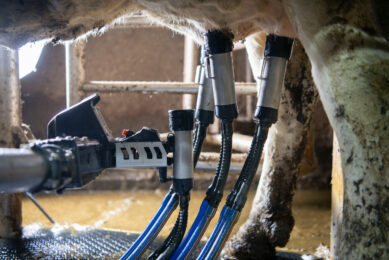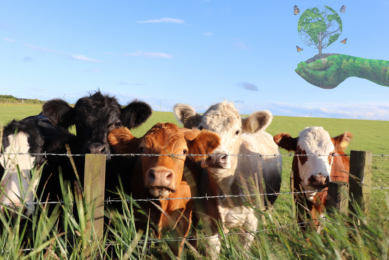Research: Essential oils and methane emission reduction
Combined Canadian/British research investigated the effect of essential oils and the opportunities to mitigate enteric methane emissions from ruminants.
The well documented antimicrobial activity of essential oils has prompted interest in whether these bioactive compounds can be used to selectively inhibit rumen methanogenesis.
A number of studies have recently evaluated the ability of essential oils to reduce enteric CH4 production. Most studies conducted have been in vitro and short term.
Essential oils derived from thyme, oregano, cinnamon, garlic, horse radish, rhubarb and frangula have decreased CH4 production in vitro in a dose dependent manner.
However, inhibition of CH4 production occurred at high doses (i.e., >300 mg/L of culture fluid) and was, in many cases, associated with a decrease in total volatile fatty acid concentrations and feed digestion.
Some essential oils, such as garlic, cinnamon, rhubarb and frangula, may exert a direct effect on methanogens.
Antibacterial activity
Evidence for in vivo antimicrobial activity of essential oils has been equivocal to date, probably because of the capacity of rumen microbes to adapt and degrade these secondary metabolites.
Further, many of the concentrations of essential oils that have favourably affected rumen fermentation in vitro are too high for in vivo use as they would likely have deleterious effects on efficiency of rumen fermentation, palatability and possibly cause toxicity.
Based on available results, it appears that some essential oils (e.g., garlic and its derivatives and cinnamon) reduce CH4 production in vitro.
However, there is a need for in vivo investigation to determine whether these compounds can be used successfully to inhibit rumen methanogenesis.
The challenge remains to identify essential oils that selectively inhibit rumen methanogenesis at practical feeding rates, with lasting effects and without depressing feed digestion and animal productivity.
This article is part of the special issue of the journal Animal Feed Science and Technology entitled: Greenhouse Gases in Animal Agriculture – Finding a Balance between Food and Emissions,.












